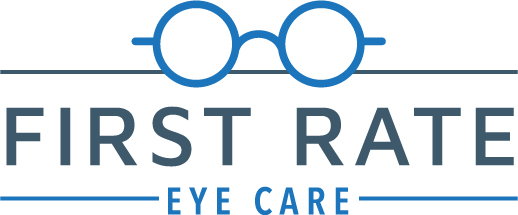We believe that being proactive regarding eye health is essential for maintaining clear vision. That's why we champion regular eye exams, early detection, and tailored interventions for conditions such as diabetic retinopathy, cataracts, glaucoma, and macular degeneration.
Diabetic Eye Care and Expert Retinopathy Solutions
Diabetes poses unique challenges to eye health, with diabetic retinopathy being a common complication. This condition is caused by prolonged high blood sugar levels causing damage to the blood vessels in the retina — the light-sensitive tissue at the back of the eye. Understanding the two types of diabetic retinopathy — non-proliferative and proliferative — is crucial. Non-proliferative retinopathy is an early stage of the condition marked by weakened blood vessels, while proliferative retinopathy involves the development of new, abnormal blood vessels that can lead to severe vision impairment.
Symptoms of diabetic retinopathy may include blurred or fluctuating vision, the appearance of floaters, and difficulty in color perception. Our optometrist is able to detect diabetic retinopathy in its early stages through comprehensive eye exams. Treatment options range from lifestyle modifications and medication management to advanced interventions like laser therapy and injections.
Comprehensive Cataracts Co-Management
Cataracts, a prevalent age-related eye condition, occur when the eye's natural lens becomes clouded, affecting vision. Causes range from aging to genetic predispositions and even environmental factors such as prolonged UV exposure. The symptoms, typically progressing slowly, include blurred vision, sensitivity to light, and difficulty seeing at night. Our comprehensive co-management approach encompasses a nuanced understanding of cataract types, including subcapsular, nuclear, and cortical.
We'll delve into the complexities of cataract diagnosis, considering factors such as location, size, and density. Coordinating seamlessly with experienced ophthalmologists, we'll also facilitate precise cataract surgery when necessary. Treatment options also include lifestyle adjustments and prescription changes to manage early-stage symptoms.
Effective Long-Term Management of Glaucoma
Glaucoma, often referred to as the "silent thief of sight," includes a group of eye conditions that cause optic nerve damage. The causes vary, including elevated intraocular pressure, genetics, and age. Early-stage glaucoma may present with no noticeable symptoms, emphasizing the importance of routine eye exams for early detection. The two primary types — open-angle and angle-closure glaucoma — require distinct management approaches.
Open-angle glaucoma, the more common form, progresses gradually, while angle-closure glaucoma manifests suddenly and requires urgent attention. Symptoms can include peripheral vision loss, eye pain, and nausea. Our optometrist uses advanced diagnostic tools to assess optic nerve health and intraocular pressure, enabling us to customize treatment plans such as prescription eye drops, laser therapy and surgical interventions.
Strategies for Addressing Macular Degeneration
Macular degeneration, a leading cause of vision loss, affects the macula, the central part of the retina responsible for sharp vision. Dry and wet macular degeneration are the primary types, each requiring specific considerations. Dry macular degeneration, characterized by the gradual breakdown of light-sensitive cells, may present with drusen (yellow deposits) in the macula. In contrast, wet macular degeneration involves the growth of abnormal blood vessels beneath the macula, leading to rapid vision loss.
Symptoms encompass distorted vision, difficulty recognizing faces, and challenges with reading. Treatment options for dry AMD focus on lifestyle modifications and nutritional interventions. Wet macular degeneration may require anti-VEGF injections or laser therapy.
Call our Edmond office to book your eye exam.

